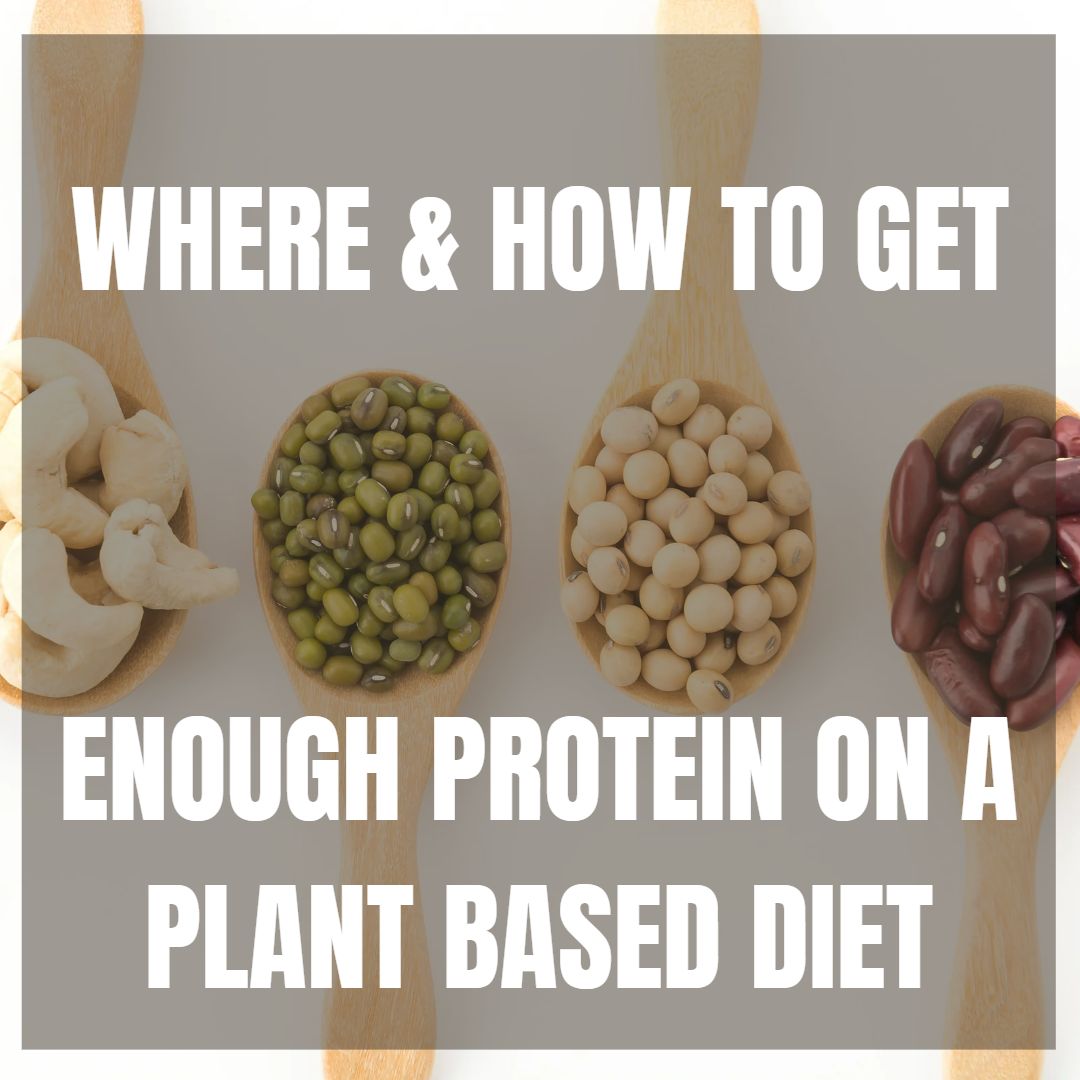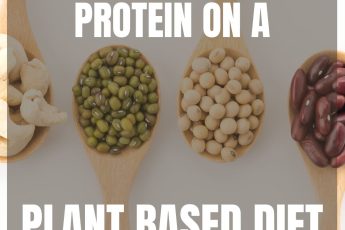Protein is an essential nutrient that plays a vital role in our bodies, helping to build and repair tissues, create enzymes, and transport nutrients. On a plant based diet, it’s important to ensure that you’re getting enough protein to meet your body’s needs. Here’s how to make sure you’re getting an adequate amount of protein on a plant based diet:
Know your protein needs: The recommended daily intake of protein varies based on age, gender, and activity level. According to the Centers for Disease Control and Prevention (CDC), the average adult male needs about 56 grams of protein per day, while the average adult female needs about 46 grams per day. Active individuals and athletes may have higher protein needs.
Eat a variety of plant based proteins. There are many sources of plant based protein, including vegetables, legumes, nuts, seeds, and grains. Some of the top sources of plant based protein include:
Vegetables: Vegetables are a good source of protein, with some varieties providing more protein than others. Some of the top sources of protein from vegetables include broccoli, spinach, asparagus, brussels sprouts, and peas.
Legumes: Legumes, such as beans, lentils, and chickpeas, are a good source of plant based protein. One cup of cooked beans can provide about 15 grams of protein.
Nuts and seeds: Nuts and seeds, such as almonds, peanuts, and chia seeds, are also good sources of plant based protein. One ounce of almonds, for example, provides about 6 grams of protein.
Grains: Whole grains, such as quinoa, oats, and brown rice, are also good sources of protein. One cup of cooked quinoa, for example, provides about 8 grams of protein.
Meat Substitutes: Meat Substitutes, also known as Plant Based Proteins, can be a convenient and tasty way to add protein to your diet. Some popular meat substitutes include tofu, tempeh, and seitan. These products are made from soy, grains, or legumes and are often high in protein.
Mock Meats: Mock Meats are everywhere on the market today and provide a tasty form of protein that is compared to traditional meat because it is meant as a direct substitution. Examples are IMPOSSIBLE or Beyond Burgers and CHICKEN-LESS CHICK’N. These items are easy to prepare and have a similar taste and texture to the traditional selection. However, it’s important to note that mock meats may not be as nutrient-dense as whole plant foods, and they may contain added sugars, oils, and other ingredients that are not as healthy. We delve in-depth into a few different options on our website under our PLANT BASED SWAPS page.
It’s important to remember that plant based proteins are not complete proteins, meaning that they do not contain all nine essential amino acids. However, you can combine different plant based proteins to get all the essential amino acids your body needs. For example, beans and rice, or nuts and seeds, can be combined to create a complete protein.
Just like any diet, it’s always good to consult with your physician to address your particular needs. It’s also important to ensure that you’re getting enough protein for every diet, including a plant based one. By eating a variety of plant based proteins, including vegetables, legumes, nuts, seeds, and grains, and by including meat substitutes and mock meats in your diet, you can meet your protein needs and support your overall health and well-being.





